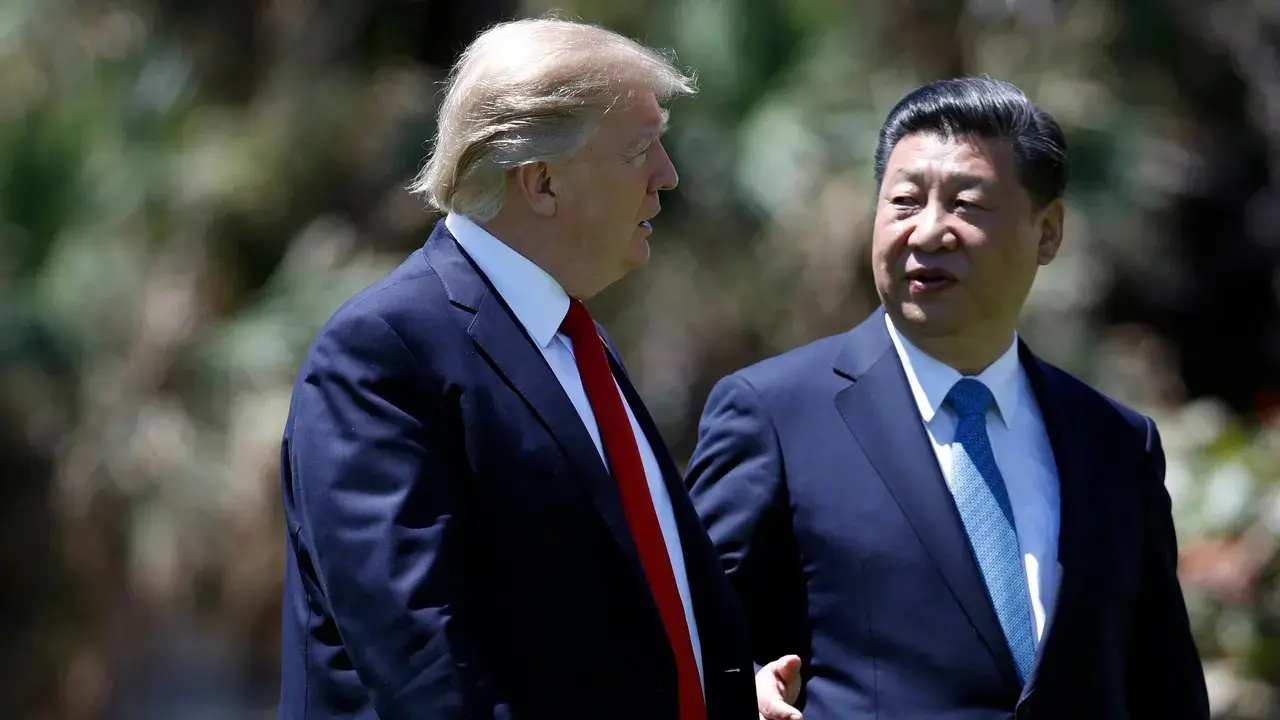Updated 26 November 2024 at 07:28 IST
Trump Ups the Ante, Vows Additional 10% Tariff on China, 25 % on Canada and Mexico
This tariff proposal, part of Trump's campaign promises, has raised concerns in China. Experts predict that the tariffs could further strain trade relations.
- World News
- 3 min read

Washington: US President-elect Donald Trump has announced that, starting from his first day in the oval office, he will impose hefty tariffs on goods coming from China, Mexico, and Canada. According to his plan, a 10% tariff will be charged on all Chinese imports, while goods from Mexico and Canada will face a 25% tariff.
Trump to Impose Hefty Tariffs on China, Mexico, and Canada from Day One in Office
Trump, who has consistently advocated for 'America First' policies, took to Truth Social to share this huge step. "On January 20th, as one of my many first Executive Orders, I will sign all necessary documents to charge Mexico and Canada a 25% tariff on all products coming into the United States, and its ridiculous Open Borders,” he wrote. He further stated that this tariff will remain in place until the US addresses the issues of drug trafficking, especially fentanyl, and illegal immigration.
Additional Tariffs on China and Mexico Due to Drug Trafficking in US
Trump's stance on China also ties into his concerns over fentanyl. He has accused China of failing to impose severe penalties, including the death penalty, on those responsible for drug trafficking. He also accused Mexico of high levels on drug trafficking in America.
"Drugs are pouring into our country, mostly through Mexico, at levels never seen before," Trump said. As part of his broader strategy, he plans to charge China an additional 10% tariff on all their goods coming into the US, in addition to any other tariffs already imposed. He further wrote, “Until such time as they stop, we will be charging China an additional 10% Tariff, above any additional Tariffs, on all of their many products coming into the United States of America. Thank you for your attention to this matter.”
Advertisement
This tariff proposal, part of Trump's campaign promises, has already raised concerns in China, where experts predict that the tariffs could further strain trade relations and impact economic growth. A recent poll of more than 50 economists from November 13-20 shows that a majority expect Trump to impose the tariffs as early as next year, with estimates ranging from 15% to 60%.
Understanding Tariffs: What It Means for Businesses and Consumers
Tariff is a tax imposed on imported goods, which is paid by the importing country, not the exporting one. In this case, US companies looking to bring products from China, Mexico, or Canada would face higher costs due to the tariffs.
Advertisement
The aim of imposing tariffs is twofold. First, it serves to protect domestic industries by making foreign products more expensive, thus preventing foreign businesses from underpricing American companies. Second, it raises revenue for the US government. For example, according to estimates from the nonpartisan Tax Foundation, a 10% tariff on all imports would generate around $2 trillion in revenue for the US federal government over a 10-year period, while a 20% tariff could raise up to $3.3 trillion.
Trump's trade policies, including these proposed tariffs, form part of his larger plan to reduce the US's reliance on foreign imports and boost domestic production. However, experts warn that these tariffs could lead to higher prices for US consumers and disrupt global trade relations.
Published By : Aditi Pandey
Published On: 26 November 2024 at 07:19 IST
